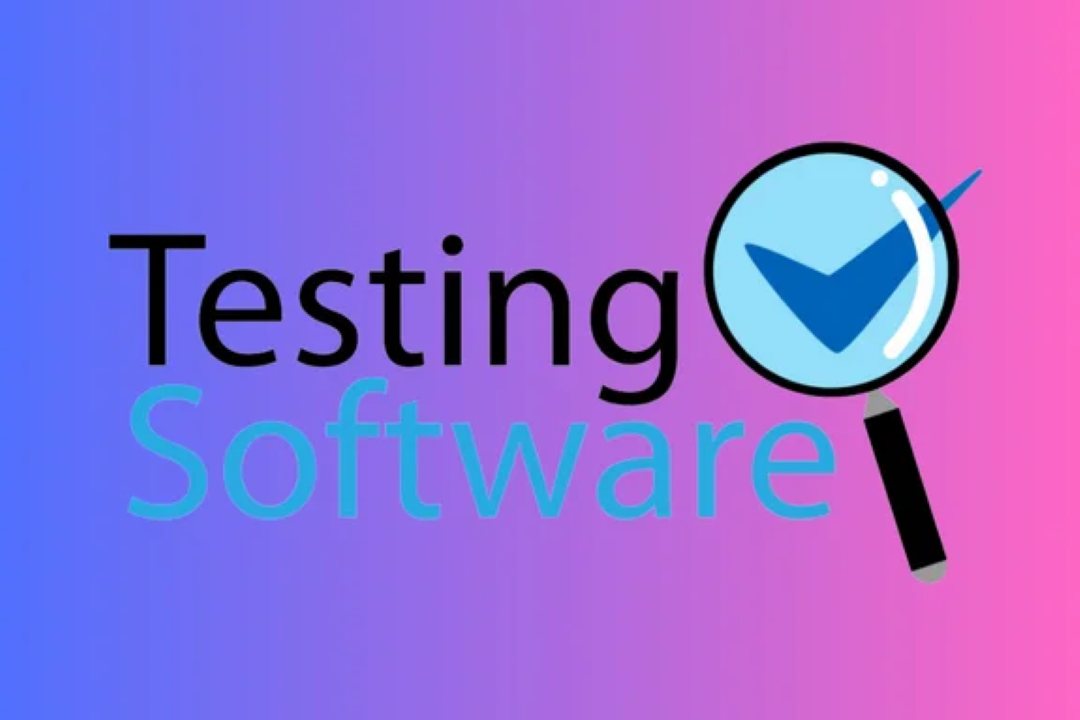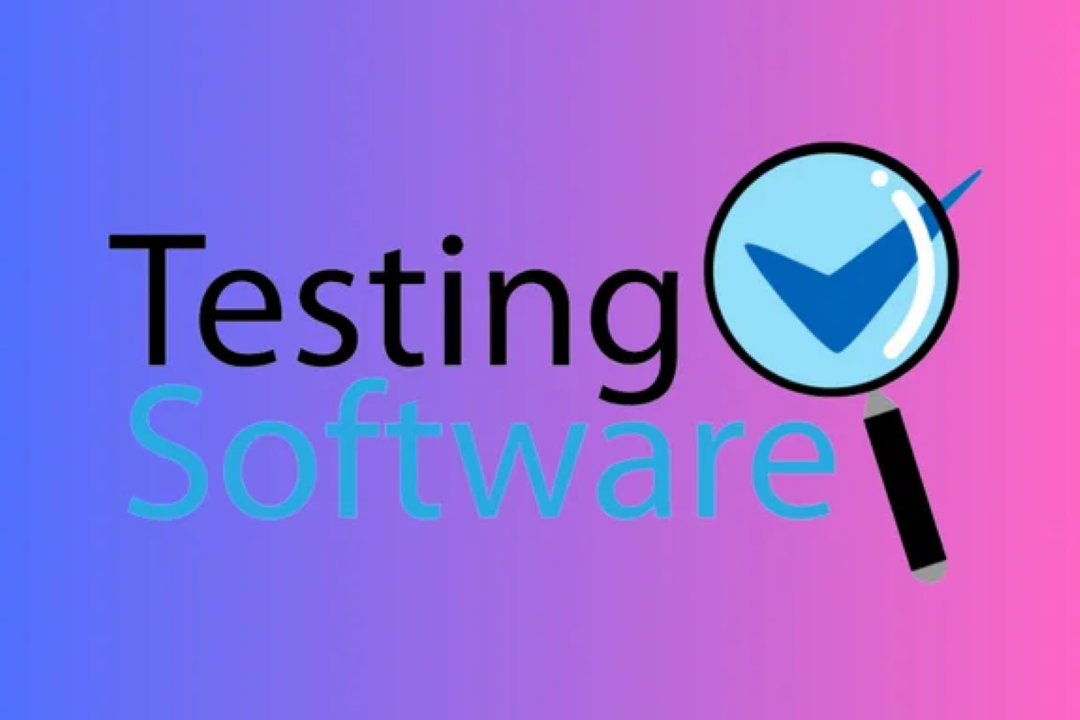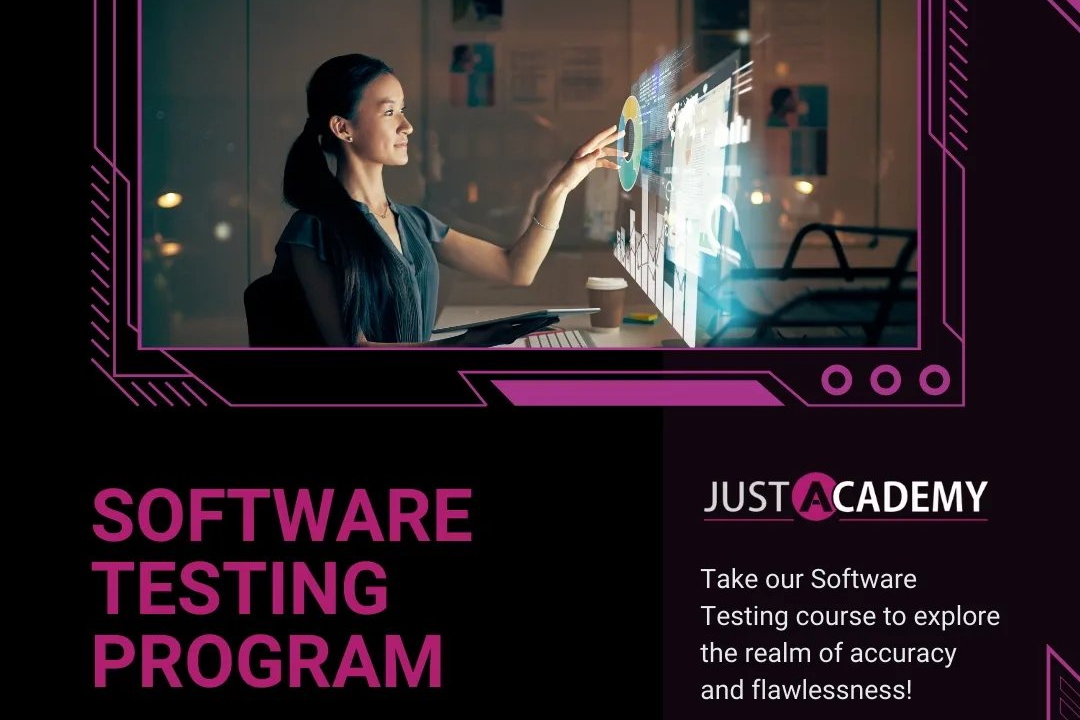List Appium Selenium Dependency In Pom.Xml
In a Maven project, listing Appium and Selenium dependencies in the `pom.xml` file is crucial for in
List Appium Selenium Dependency In Pom.Xml
Listing Appium and Selenium dependencies in the `pom.xml` file of a Maven project is essential for streamlining the setup of automated testing environments. By defining these dependencies, developers can easily manage library versions and ensure that all necessary components for mobile and web application testing are included in the project. This approach not only enhances code maintainability and collaboration within teams but also simplifies the process of adding new features or libraries, enabling efficient integration of real-time testing projects without compatibility issues. Overall, it provides a robust foundation for delivering high-quality automated tests.
To Download Our Brochure: https://www.justacademy.co/download-brochure-for-free
Message us for more information: +91 9987184296
Listing Appium and Selenium dependencies in the `pom.xml` file of a Maven project is essential for streamlining the setup of automated testing environments. By defining these dependencies, developers can easily manage library versions and ensure that all necessary components for mobile and web application testing are included in the project. This approach not only enhances code maintainability and collaboration within teams but also simplifies the process of adding new features or libraries, enabling efficient integration of real time testing projects without compatibility issues. Overall, it provides a robust foundation for delivering high quality automated tests.
Course Overview
The “List Appium and Selenium Dependency in pom.xml” course offers a comprehensive guide to managing dependencies for automated testing in Java-based projects using Maven. Participants will learn to effectively configure their `pom.xml` file to include essential libraries for both Appium, used for mobile testing, and Selenium, which facilitates web application testing. This course covers best practices for dependency management, version control, and ensuring compatibility between versatile testing frameworks. By the end of the course, learners will be equipped with the skills to streamline their testing setup, improve code organization, and enhance collaboration in real-time project environments, ultimately leading to more efficient test execution and project success.
Course Description
The “List Appium and Selenium Dependency in pom.xml” course provides participants with essential knowledge for configuring a Java-based project using Maven. It focuses on adding and managing dependencies for Appium and Selenium within the `pom.xml` file, enabling effective automated testing for both mobile and web applications. Through hands-on examples and real-time projects, learners will understand best practices for dependency management, version control, and library compatibility, setting a solid foundation for successful automation testing frameworks. This course is ideal for developers and testers looking to enhance their skills in automated testing while ensuring smooth project execution.
Key Features
1 - Comprehensive Tool Coverage: Provides hands-on training with a range of industry-standard testing tools, including Selenium, JIRA, LoadRunner, and TestRail.
2) Practical Exercises: Features real-world exercises and case studies to apply tools in various testing scenarios.
3) Interactive Learning: Includes interactive sessions with industry experts for personalized feedback and guidance.
4) Detailed Tutorials: Offers extensive tutorials and documentation on tool functionalities and best practices.
5) Advanced Techniques: Covers both fundamental and advanced techniques for using testing tools effectively.
6) Data Visualization: Integrates tools for visualizing test metrics and results, enhancing data interpretation and decision-making.
7) Tool Integration: Teaches how to integrate testing tools into the software development lifecycle for streamlined workflows.
8) Project-Based Learning: Focuses on project-based learning to build practical skills and create a portfolio of completed tasks.
9) Career Support: Provides resources and support for applying learned skills to real-world job scenarios, including resume building and interview preparation.
10) Up-to-Date Content: Ensures that course materials reflect the latest industry standards and tool updates.
Benefits of taking our course
Functional Tools
1 - Maven
Maven is a powerful build automation tool used primarily for Java projects. In this course, students will learn how to utilize Maven for managing dependencies related to Appium and Selenium. They will experience firsthand how Maven simplifies project configuration, making it easy to add or update dependencies in the `pom.xml` file. The course will cover the structure of the `pom.xml`, including how to define dependencies, repositories, and plugin configurations necessary for automation testing.
2) Appium
Appium is an open source automation testing tool for mobile applications. Within the training program, students will learn how Appium integrates with Maven for dependency management. They will study how to specify Appium's version and dependencies in the `pom.xml`, ensuring that their mobile testing stacks are optimal. This section of the training will focus on practical exercises, where students will incorporate Appium dependencies and run test scripts on real devices.
3) Selenium
Selenium is a widely used framework for automating web browsers. In this course, participants will gain a comprehensive understanding of how to manage Selenium dependencies through `pom.xml`. They will explore the various Selenium components, such as Selenium WebDriver and Selenium Grid, while learning how to correctly specify these libraries in their Maven project, ensuring seamless integration during testing. Students will perform hands on assignments to solidify their knowledge of managing Selenium dependencies.
4) IDE (Integrated Development Environment)
Using an IDE like IntelliJ IDEA or Eclipse is crucial for editing and managing Maven projects efficiently. This course includes training on how to set up and configure an IDE environment conducive to working with Appium and Selenium. Students will learn how to create a Maven project, navigate the `pom.xml`, and easily resolve dependency issues that may arise. Practical experience with IDEs will equip students with the necessary skills to streamline their development workflow.
5) JUnit/TestNG
JUnit and TestNG are popular testing frameworks used in conjunction with Selenium and Appium. During the course, students will learn how to add JUnit or TestNG as dependencies in their Maven `pom.xml` for structured testing. The program will cover the differences between these two frameworks, their respective annotations, and how to integrate them into Maven projects for effective test case management. Students will practice writing and running tests using both frameworks, reinforcing their understanding through applied knowledge.
6) Version Control Systems (e.g., Git)
Understanding version control is crucial for managing projects effectively. Throughout the course, students will be introduced to Git and its integration with Maven projects employing Appium and Selenium dependencies. Training will highlight the importance of maintaining proper versioning and how to commit changes in the `pom.xml` file effectively. By incorporating Git, students will learn best practices for collaborating on automation projects, ensuring that their codebases remain organized and easily accessible for future modifications.
7) Dependency Management
One of the key aspects of using Maven is its robust dependency management system. This course will explore how Maven resolves dependencies automatically, downloading required libraries from repositories. Participants will learn about transitive dependencies, which are libraries that depend on other libraries, and how to manage potential version conflicts. In practical sessions, students will run into common dependency issues and learn how to troubleshoot them effectively.
8) Profiles and Build Configurations
Maven allows users to create different profiles for different environments (development, testing, production). This section will educate students on how to define and manage profiles in the `pom.xml`, enabling them to customize their build process based on specific requirements. Students will create profiles to configure settings for Appium and Selenium tests for various environments, improving the flexibility and deployment of their projects.
9) Plugins and Goals
Maven operates extensively using plugins to enhance functionality. This course will cover how to leverage various Maven plugins for tasks such as compiling code, running tests, and packaging applications. Students will learn about specific plugins useful for Appium and Selenium, such as the Surefire plugin for running tests and the Failsafe plugin for integration tests. Practical exercises will allow participants to run commands that execute these goals, illustrating the power of automation in managing project lifecycles.
10) Continuous Integration/Continuous Deployment (CI/CD)
Integrating Maven projects with CI/CD tools (like Jenkins or GitHub Actions) is essential for modern software development. The course will provide insights into setting up automated pipelines that build, test, and deploy applications. Students will learn how to configure their Maven projects for smooth integration with CI/CD tools, focusing on running tests using Appium and Selenium as part of the build process. Hands on related activities will give students concrete experience in automating deployment workflows.
11 - Cross Platform Testing
Given the diversity in mobile devices and web browsers, cross platform testing is critical for ensuring application reliability. This course will introduce students to how Maven can facilitate cross platform testing using Appium and Selenium. Participants will explore strategies for setting up their Maven projects to run automated tests on various browsers and mobile devices. Focused practical sessions will help students develop tests that cover multiple platforms efficiently.
12) Reporting and Documentation
Effective communication of test results and project status is vital. This course will cover how to utilize Maven’s reporting capabilities to generate test execution reports for Appium and Selenium projects. Participants will learn to configure reporting plugins in their `pom.xml` to create tailored reports, including how to integrate tools like Allure for enhanced visual reports. They will also explore documenting their projects for future reference and team collaboration.
13) Best Practices in Test Automation
To wrap up the course, a dedicated section on best practices in test automation will be included. Students will gain insights into designing maintainable and scalable test frameworks using Appium and Selenium with Maven. Topics will cover code organization, test case management, and effective strategies for writing robust test scripts. Through group discussions and case studies, students will learn to implement proven practices that enhance the reliability and efficiency of their automation efforts.
14) Introduction to Docker for Environmental Consistency
As software deployment becomes more intricate, Docker has emerged as a key technology for ensuring environmental consistency across different stages of development. This module will provide students with an overview of how Docker can integrate with Maven projects. Students will learn how to containerize their Appium and Selenium testing environments, thus ensuring their test setups remain consistent no matter where they are run. Practical exercises will focus on writing Dockerfiles that automate the setup process for their projects.
15) Troubleshooting Common Issues
Lastly, the course will include a comprehensive section on troubleshooting common issues that may arise while working with Maven, Appium, and Selenium. Students will learn to resolve problems related to configuration settings, version mismatches, and dependency conflicts. Through real world scenarios and guided troubleshooting sessions, participants will become proficient in diagnosing and fixing issues that could hinder their automation projects, empowering them to become self reliant problem solvers in their automation journeys.
Browse our course links : https://www.justacademy.co/all-courses
To Join our FREE DEMO Session:
This information is sourced from JustAcademy
Contact Info:
Roshan Chaturvedi
Message us on Whatsapp:
Email id: info@justacademy.co
The Complete React Native Course Create Beautiful Apps Download










